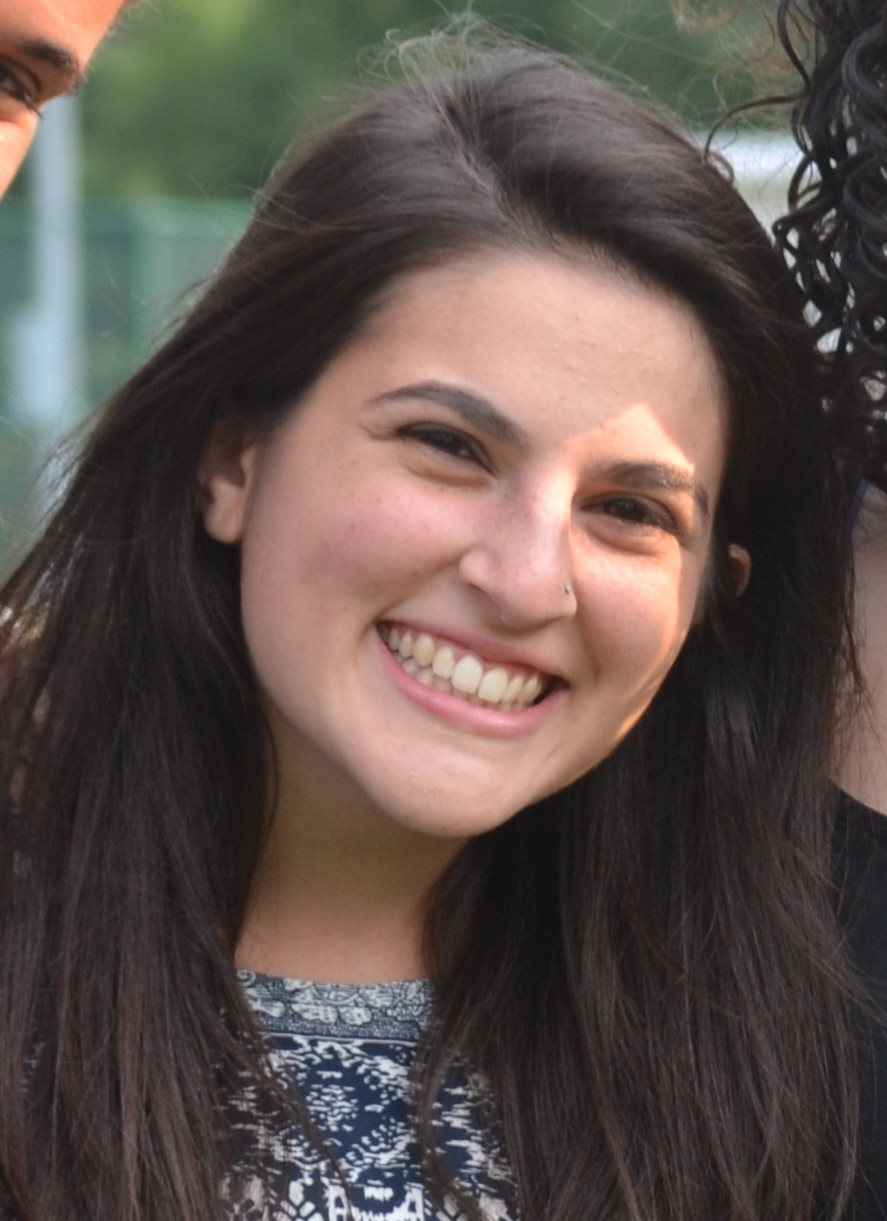Please enjoy a D’var Torah this week from Rosh Kochavim and Rosh Halutzim 2015, Elana Kravitz. Elana completed a five-year Masters in Social Work program at Washington University in St. Louis this past spring. She is currently working for the New York section of the National Council of Jewish Women as part of her participation in Avodah: The Jewish Service Corps. Reflections on Parashat Miketz by Elana Kravitz
As a Jew in America, particularly during a season marked by greetings of “Merry Christmas,” it is easy to feel like a religious minority in this country. But as I consider my status as a third generation white American, I am reminded of my privilege. Recent events have brought more awareness to the structures of race inequality in our country and the privileges we share as part of the white majority.
This week’s parashah (Torah reading), Miketz, explores Joseph’s change in status as he rises from a na’ar ivri (Hebrew youth) imprisoned in Egypt to the second-in-command in Pharaoh’s empire. After helping Pharaoh interpret his dreams, Pharaoh dresses Joseph in fancy Egyptian clothes and gives him the Egyptian name of Zaphnat-Paneah. In his rise to power, Joseph transforms from the Hebrew youth of last week’s parashah to someone who passes easily as Egyptian.
Joseph uses his new status to travel around Egypt preparing for the famine. He is responsible for the provision of food to the Egyptians, his adopted nation, while also ensuring that his own community and family are fed during this difficult time.
Difficult times are not just a part of the past. In our own backyards in Minneapolis, St. Louis, Chicago, and around the country, we have been reminded recently of the grave results of racism and racial inequality in our country. This hit home for me in November, when Jamar Clark, a 24 year old black man, was shot and killed by a white police officer in North Minneapolis. The protests organized by Black Lives Matter activists at the Fourth Precinct, near where the shooting took place, were then targeted by white supremacists who shot five protesters. When I was home two weeks ago, my family and I joined a community-wide Thanksgiving celebration and protest in the Fourth Precinct. It was a first step for me to begin thinking about the role I can and must play in addressing the racial inequalities that surround me.
Joseph rose in rank and power and used his position to feed both his own community and the larger world around him. He impacted change during this time of need. We also have the responsibility to consider our position of privilege to create change, both within our own communities and for the larger society in which we live.






